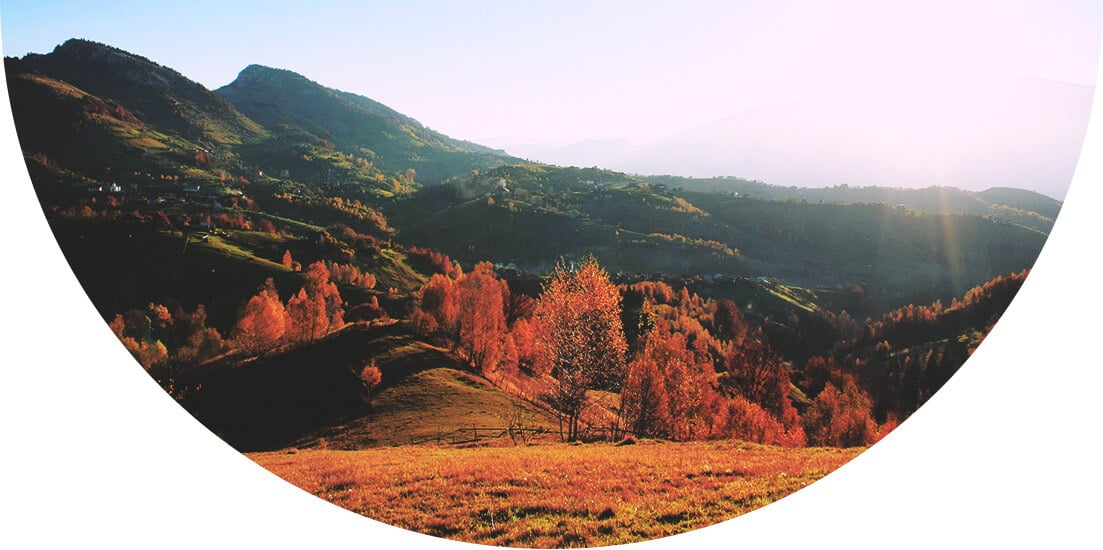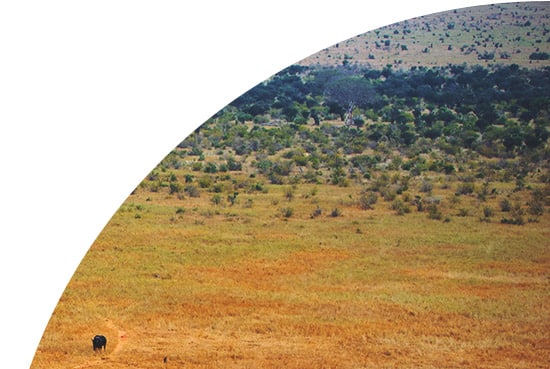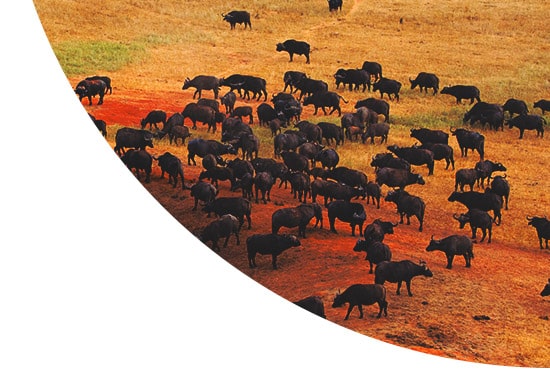Rift Valley fever (RVF) is an acute, fever-causing viral disease that usually affects domesticated animals (such as cattle and sheep), but can also infect and cause illness in humans. The majority of human infections are caused by direct or indirect contact with the blood or organs of infected animals.


Travel Vaccinations for Chad
Recommended Vaccines for Chad
The level of protection needed depends on your medical history and travel itinerary. Book now to get a personalised recommendation from our specialist travel nurses. The consultation costs £20 plus any vaccines you decide to take.
Flexible appointments with no upfront payment
Book Now
Destination Information for Chad
Chad, located in the Sahel region of Africa, is a country with a troubled past, with civil war and political unrest making it a risky destination for the average tourist. If you’re considering making Chad your next destination, be prepared to experience Africa at its most extreme. Chad is beautiful, with desert oasis and stunning wildlife – yet at the same time it is inhospitable and unpredictable.
For those who brave the scorching temperatures and difficult transportation, Chad is a wonderland for wildlife enthusiasts. The waters of Lake Chad form one of the largest wetlands in Africa, attracting elephants, rhinos, giraffes, leopards and lions, as well as reptiles and spectacular birds. This is one of the few places in the world unchanged by modern concerns. Tribes people are proud of their heritage, and unlike the landscape, are welcoming to travellers. In the capital, N’Djamena, you’ll find comfortable accommodation, the Chad National Museum, and incredible sunset views.
If you’re looking for a destination that will take you out of your comfort zone and provide unforgettable experiences unlike any other, Chad certainly fits the bill!
Infections and Outbreaks frequently change from country to country and by attending our clinics you will be given the most up to date clinical and safety advice from our team of specialists. Our advice to you often includes aspects such as:
- Food and water hygiene
- Insect and animal bite avoidances
- Personal safety
- Sexually transmitted infections
- Sun protection
- Altitude sickness
Malaria and regions within country:
The entire country is at high risk of P.Falciparum malaria and anti-malarial medication is advised.
Additional Health Risks Information for Chad
If you are travelling to Chad, whether for work or for pleasure, be aware of the current state of political unrest, and the accompanying difficulties this presents for visitors. The Foreign and Commonwealth Office advise against all travel to the northern part of the country, and against all but essential travel to the south of Chad. Be particularly vigilant when close to borders, and in the Lake Chad area, where a state of emergency is in place.
Travelling within the country can be hazardous for a number of reasons. The poor state of the roads means a 4×4 is a necessity, and most vehicles are not well maintained. Roads may be impassable during the rainy season from July to October. Travel in a convoy if at all possible, and carry enough food and fuel for your entire journey. You will require official authorisation to travel anywhere outside of the capital, N’Djamena.
Chad is high risk for malaria and Yellow fever, it is advisable to visit a Travel clinic to get the necessary vaccines, medications and advice before you travel.
Hospitals in N’Djamena are extremely limited in the treatments they can provide. They are often affected by strikes and a lack of facilities and equipment. Waterborne and mosquito-borne diseases are common in Chad. Drink only bottle water, and take particular care over your food as it may not have been prepared with good hygiene standards.



